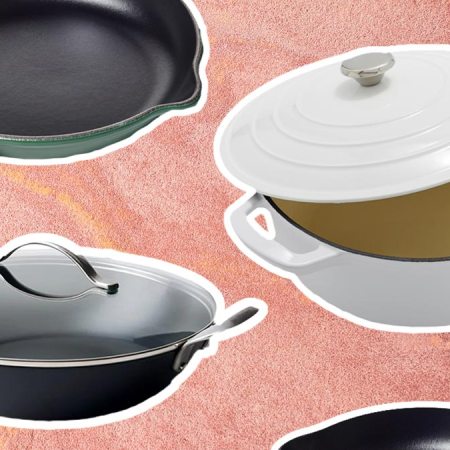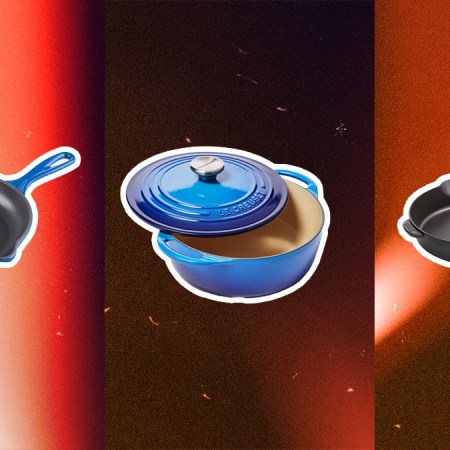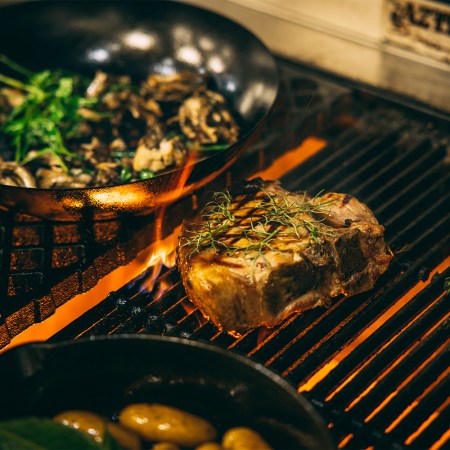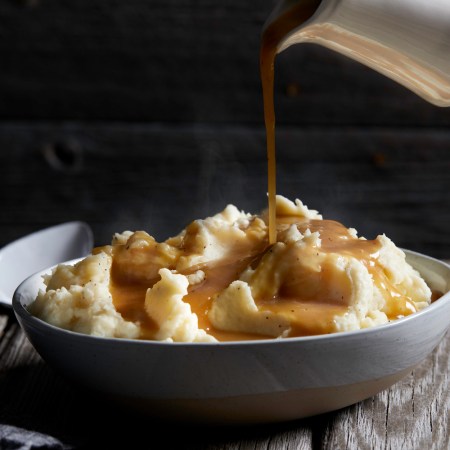Good news. Eating spicy foods will make you live longer.
Peppers and chilis contain capsaicinoids, a bioactive ingredient that burns fat, fights infection and is good for your organs. It also increases endorphins, and the more you eat, the higher you get. Hence why yours truly has uncontrollable hankerings for Howlin’ Ray’s fried chicken at most hours of the day.
Unfortunately, that healthy part doesn’t apply to wolfing down Nashville-style hot chicken. Fat is incredibly difficult to digest no matter what form it’s served in.
So here are seven tips for incorporating more spice into your diet healthily, such that you’re actually reaping the good benefits.
Look beyond the pepper. Just because it’s not on the Scoville Scale doesn’t mean it can’t kick. Ginger, cinnamon, garlic, turmeric and ginseng will also do the trick, to name a few.
Cook and roast spices to enhance their flavor. It also makes them easier to digest. Garlic will be less stinky. Thai peppers will still be hot, but they might not have you nursing a milk carton for an hour.
Use dry rubs on your meats instead of sauces loaded with oils. Using a dry rub full of peppers and chilis will give you the same heat without the fat. The Chili Lab has kits and an array of chilis from around the world that can help you get started making your own hot sauces.
Stews and soups are the easiest and healthiest way to use spices. Add ginger, peppers and cardamon to a black bean stew with some chunks of mango and you’ve got a Caribbean dish that’s hale and hearty.
Harissa is another spicy-fueled condiment that’ll tickle your pleasure sensors. Hailing from Northern Africa, harissa goes well with mayo or a creme fraiche and lends itself well to hearty veggies like potatoes and sprouts as well as burgers, chicken and fish. The Chili Lab has two simple recipes for prepping it.
Ginger and turmeric are also great in smoothies and teas. If you buy them minced they’re easier to blend, and they’re very soothing on a sore throat. Hot or cold.
Eat more kimchi. It’s not only spicy, it’s loaded with probiotics, which are great for your gut. You can find kimchi at Asian markets or your grocery store. But you can also make it.
Sarah Kersten’s fermentation jars are easy to use and look nice on the countertop.
Chinese cuisine uses a lot of peppers and chilis … but they also use a lot of animal fat. Take that out. Instead, braise your veggies in grapeseed oil.
This article was featured in the InsideHook newsletter. Sign up now.





















